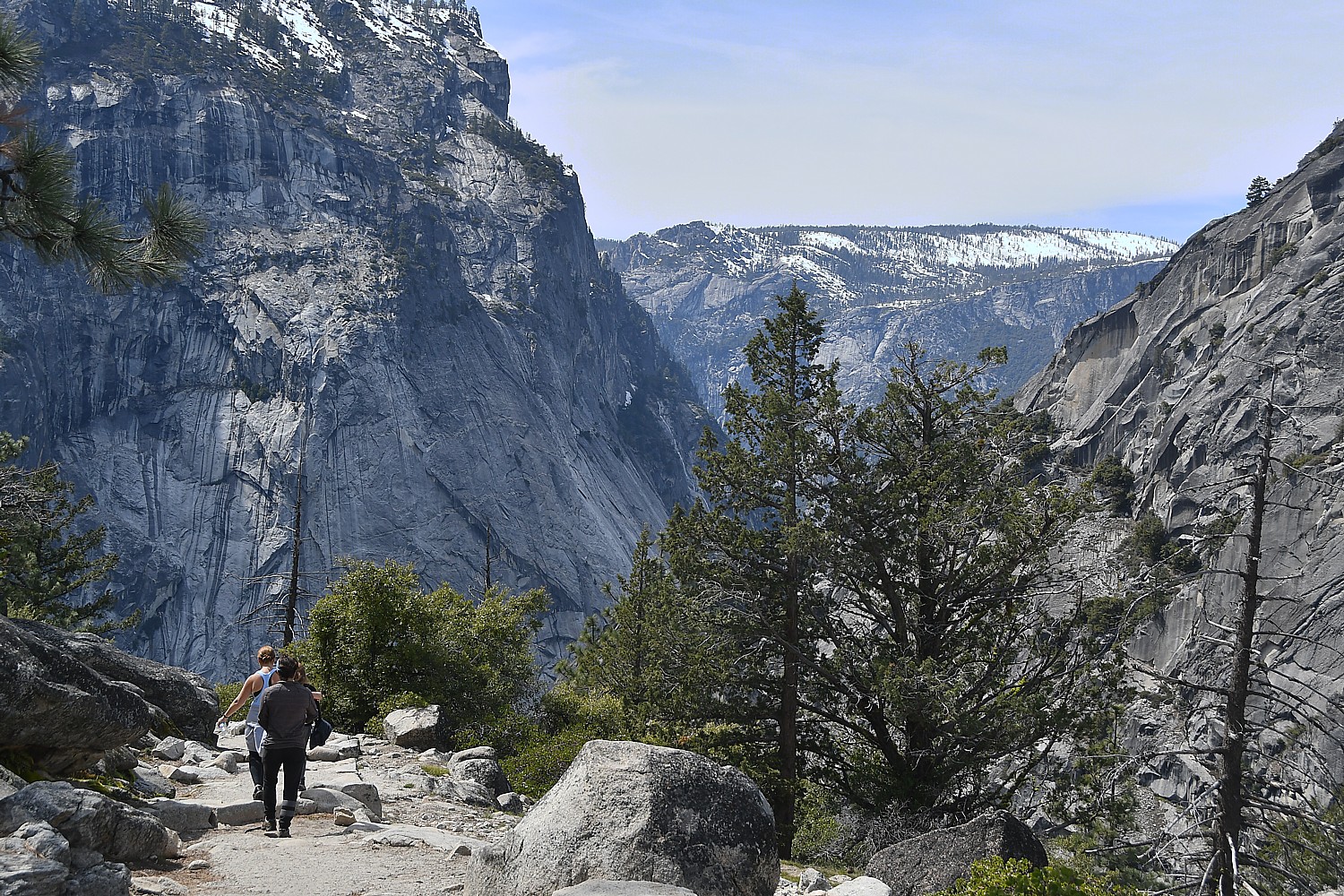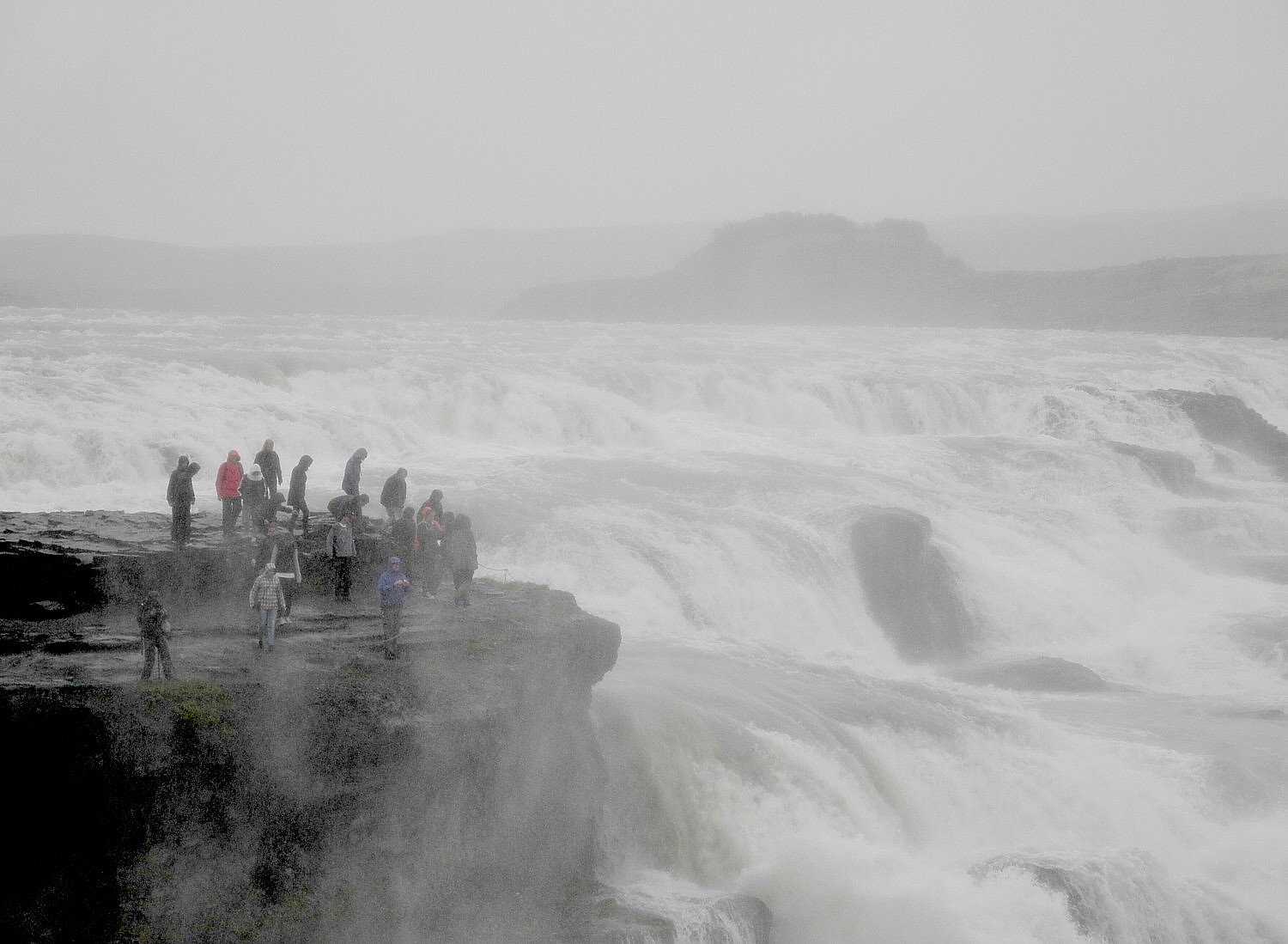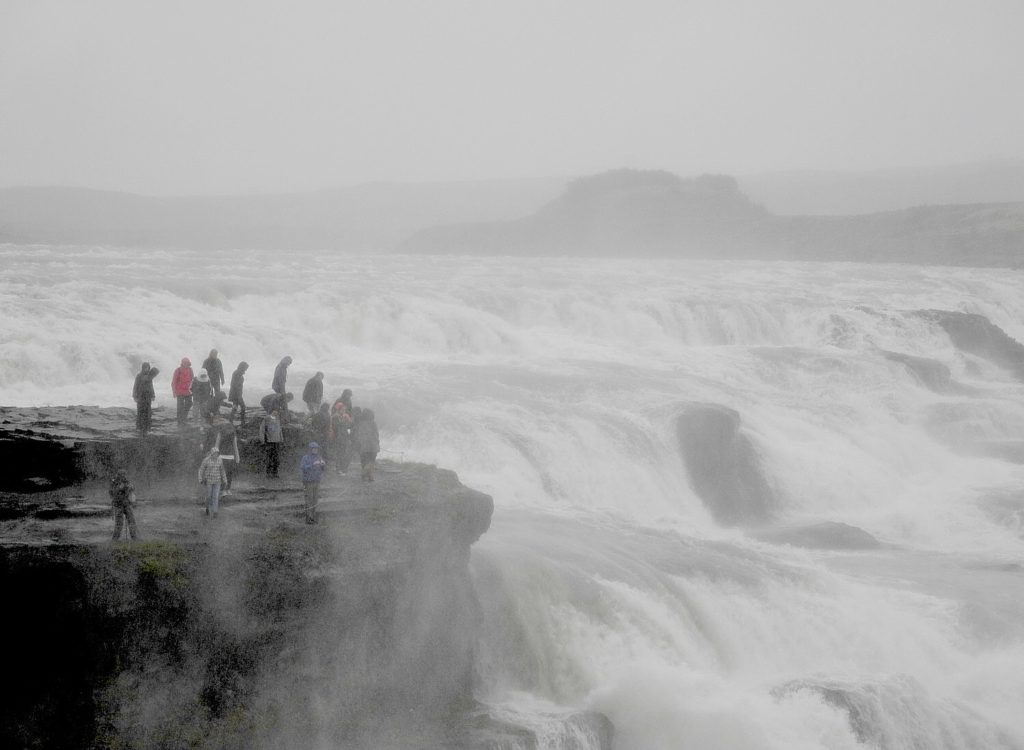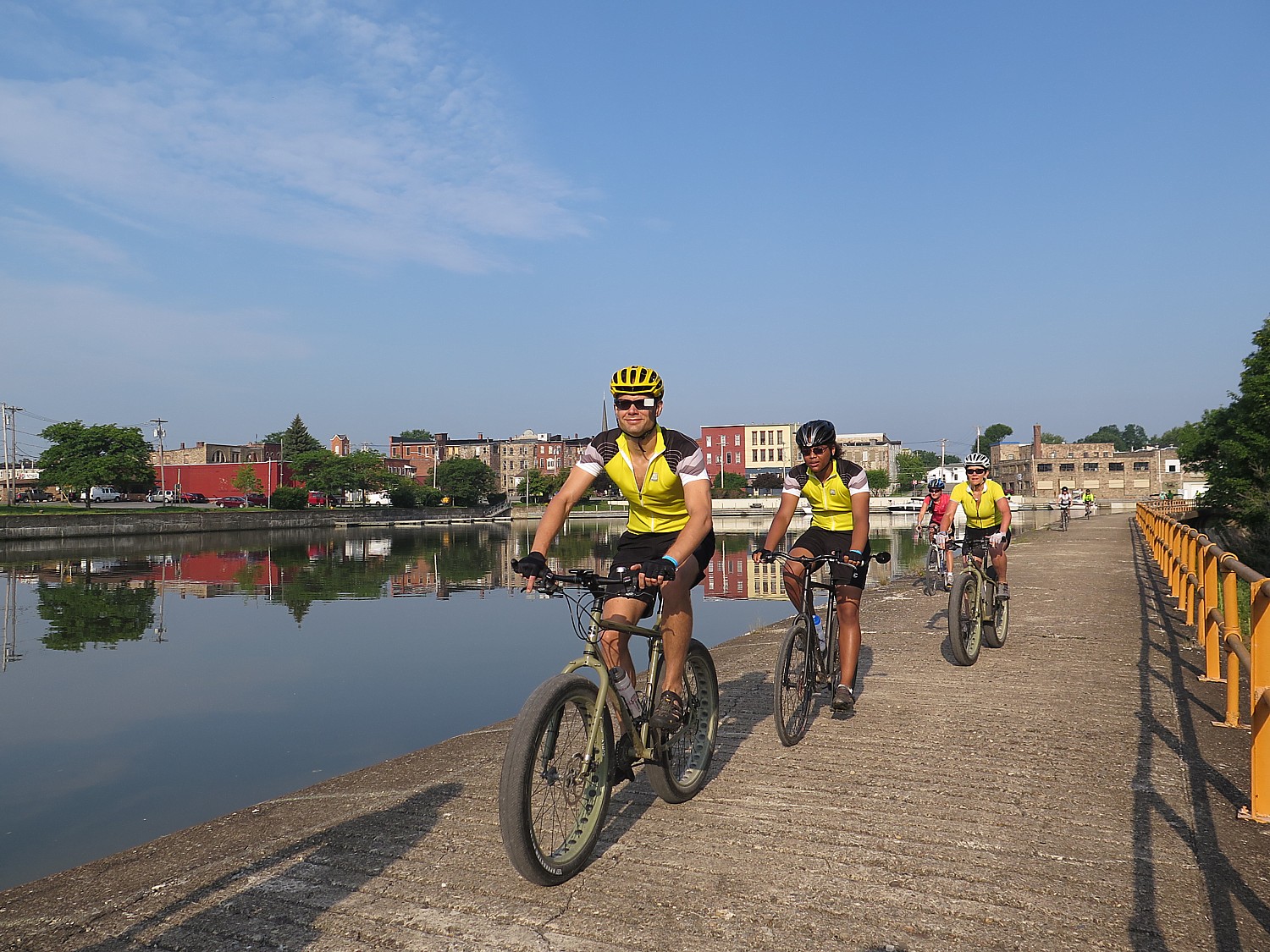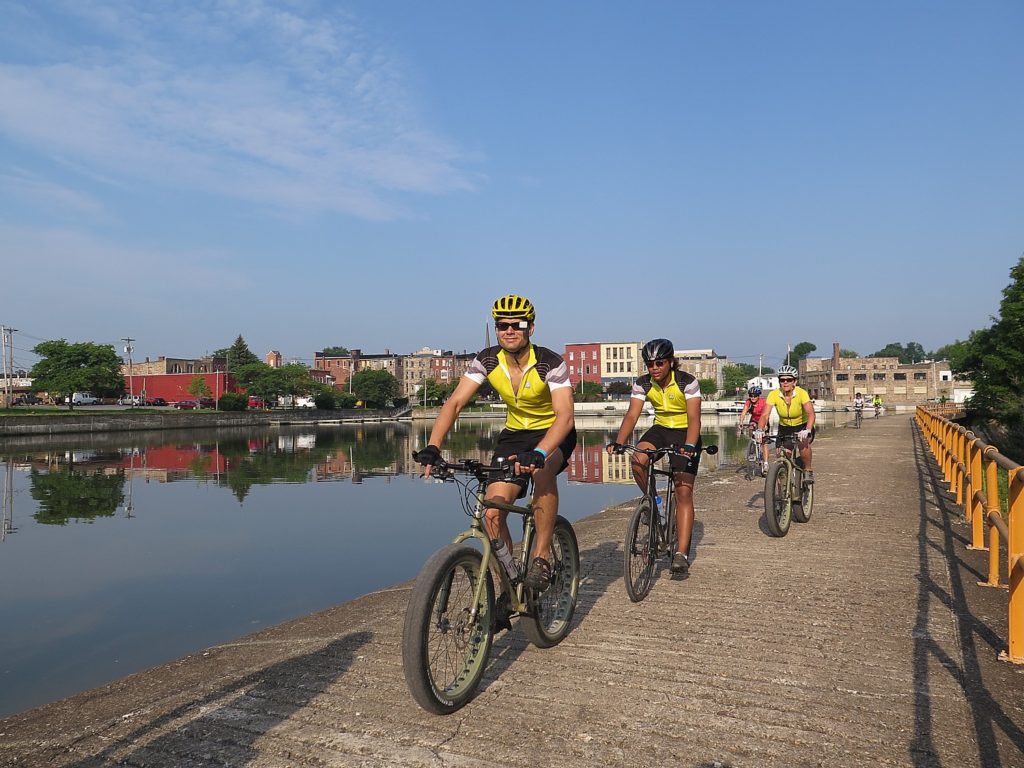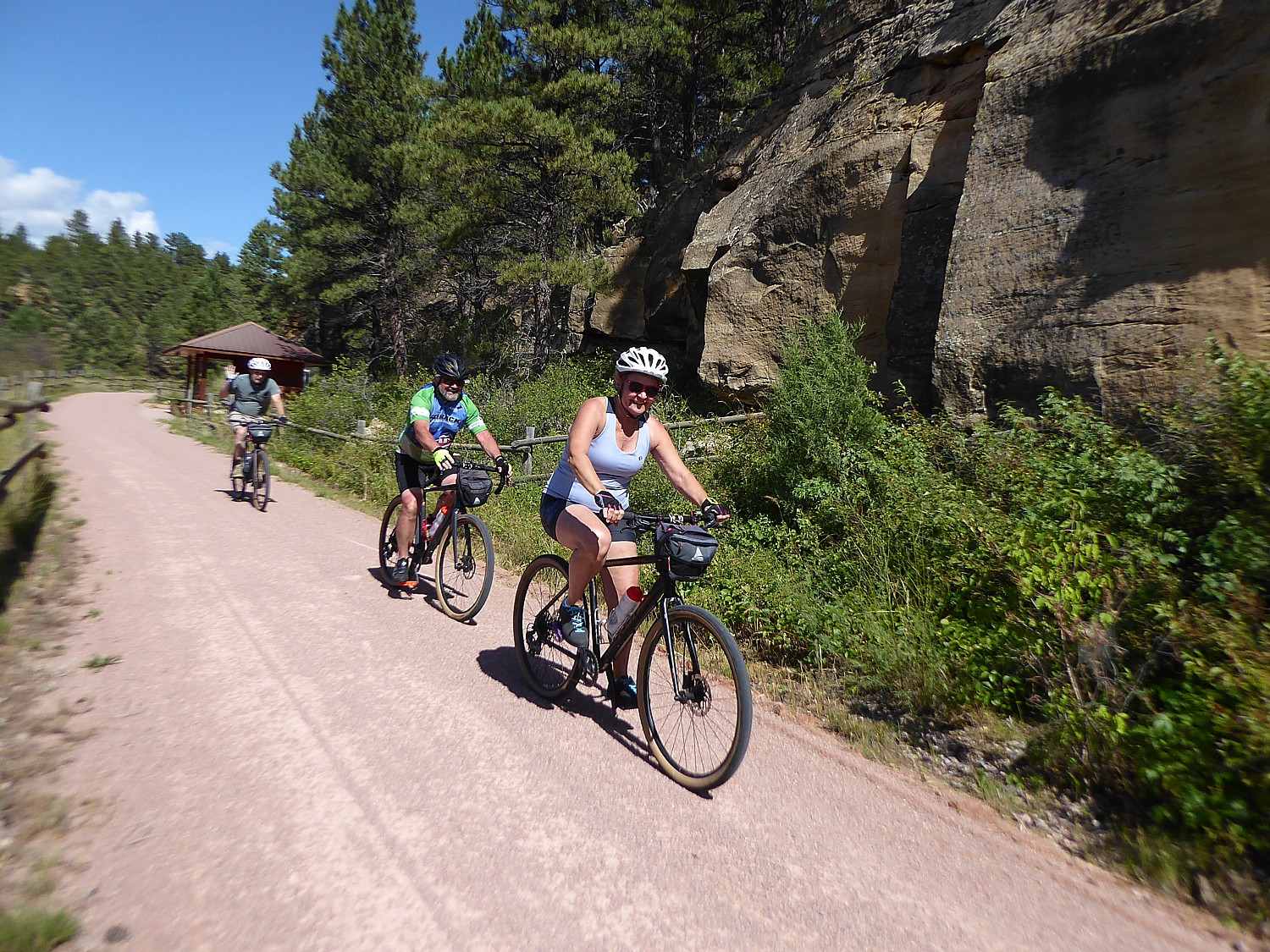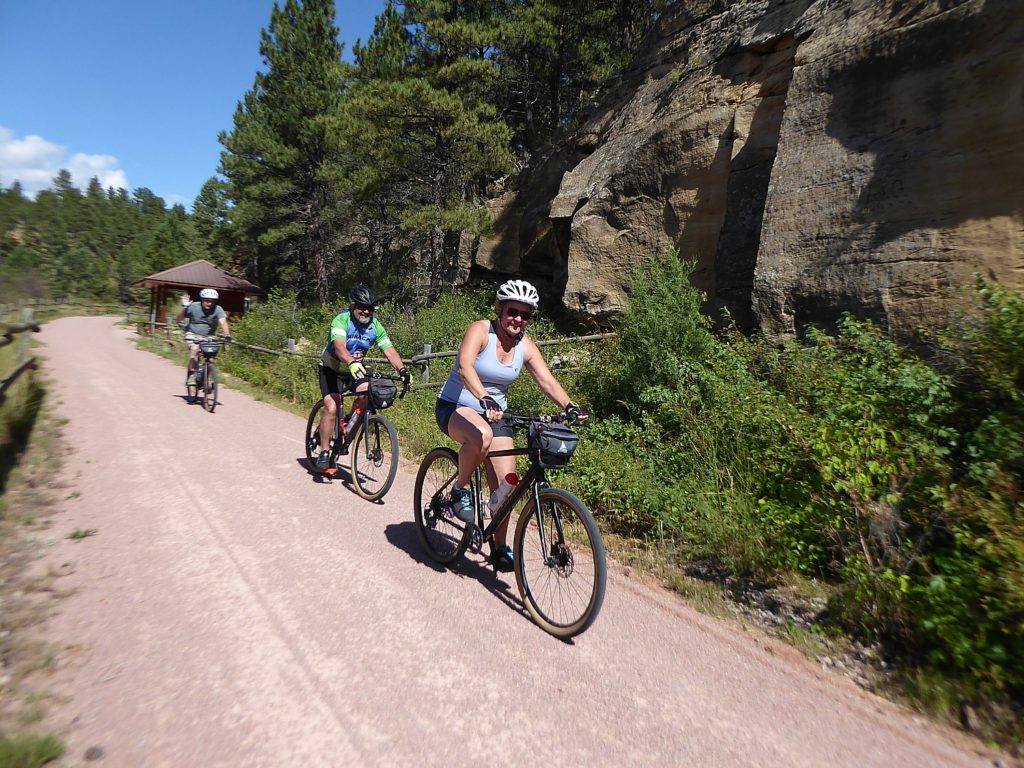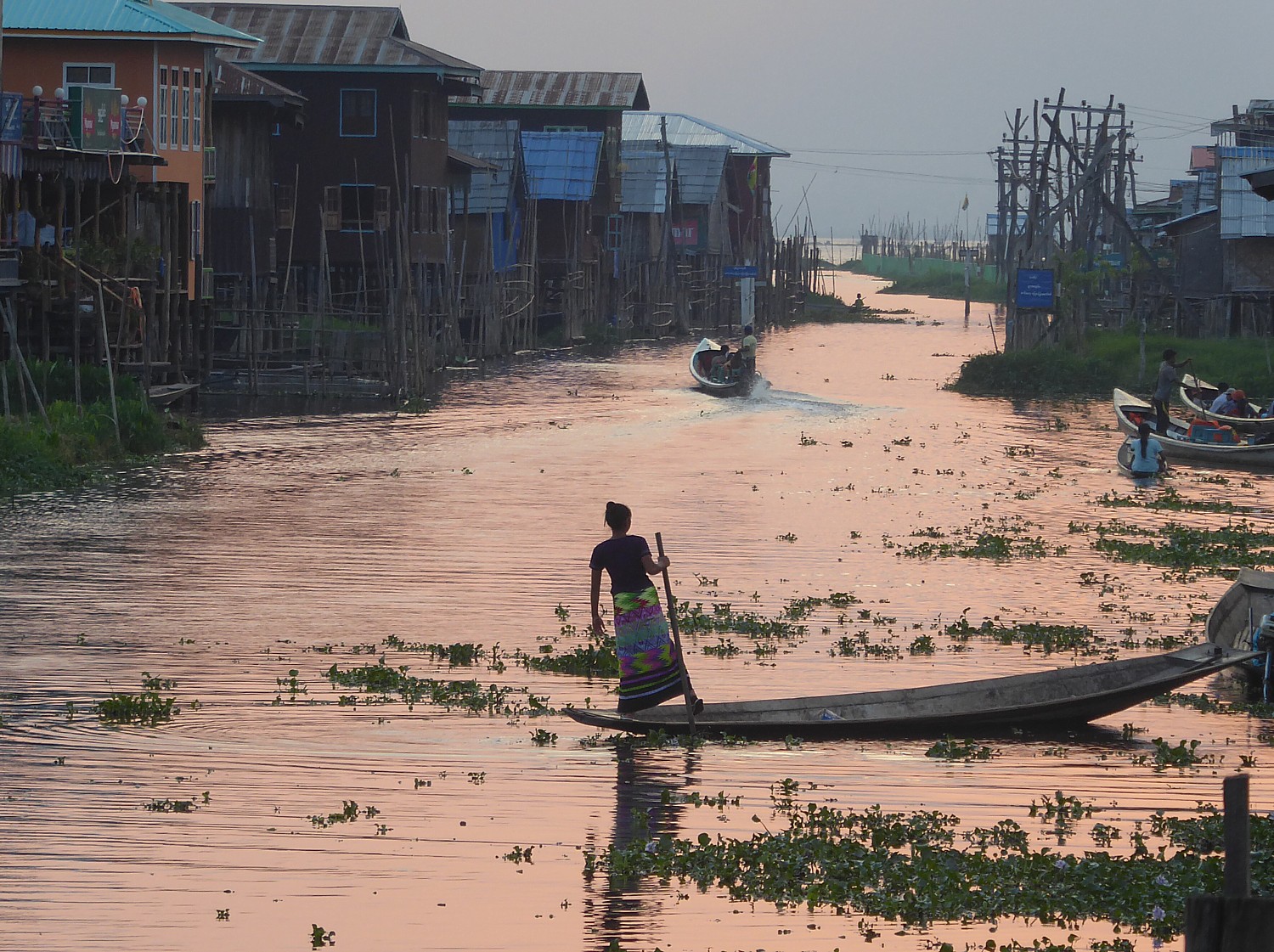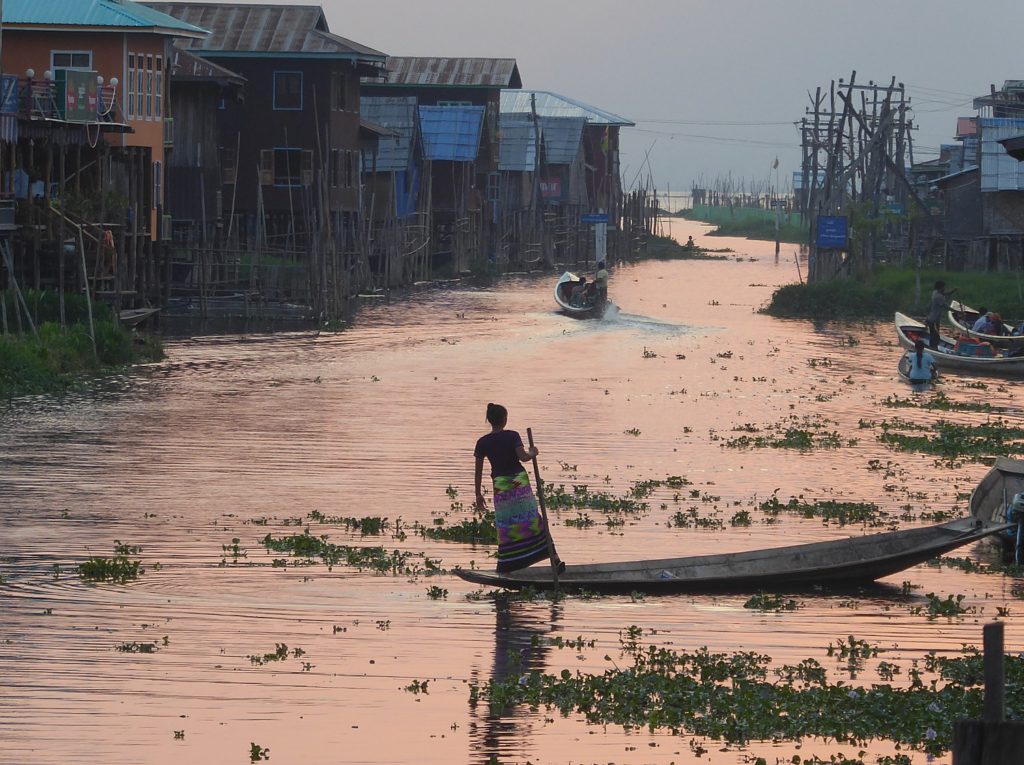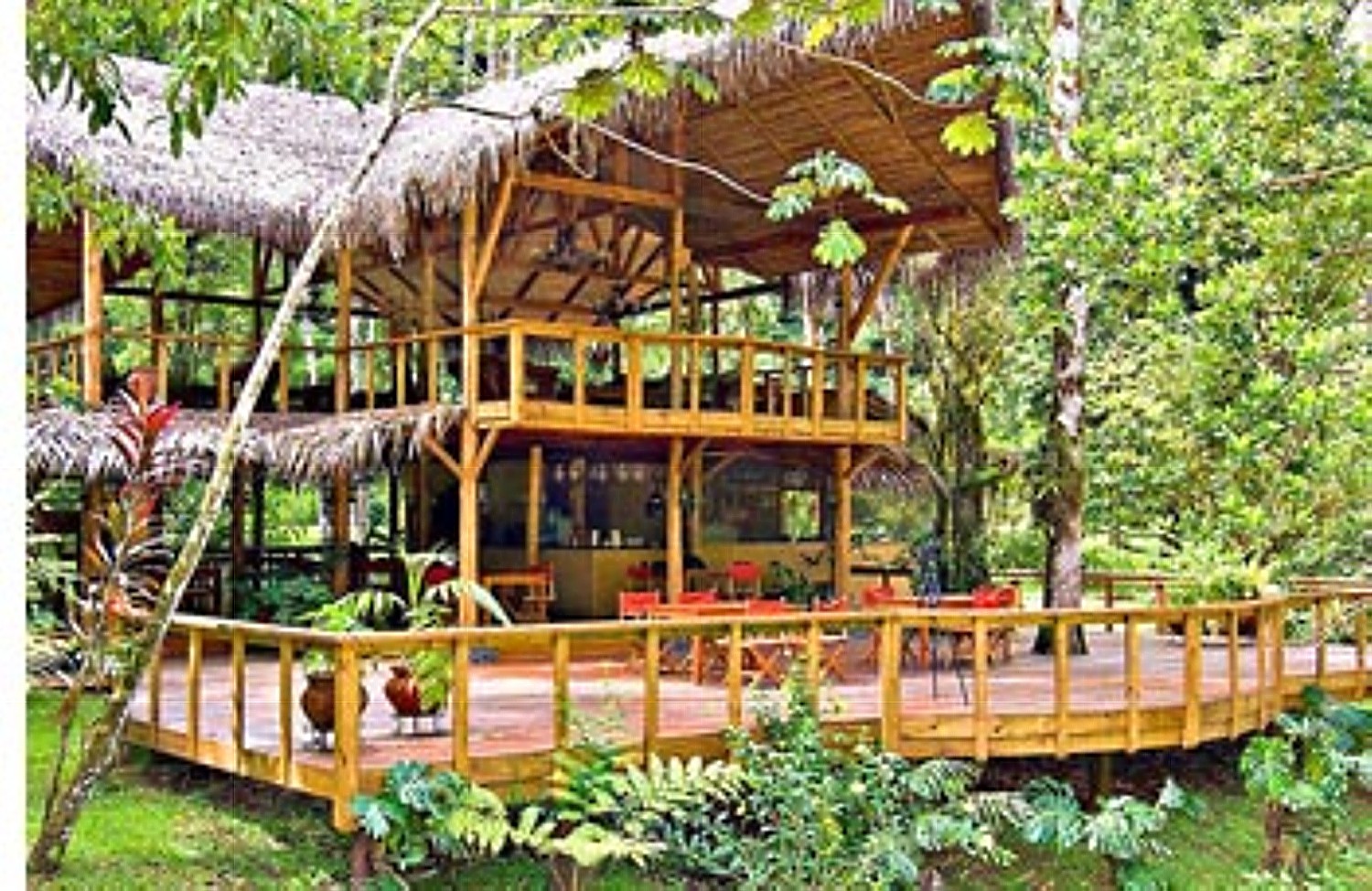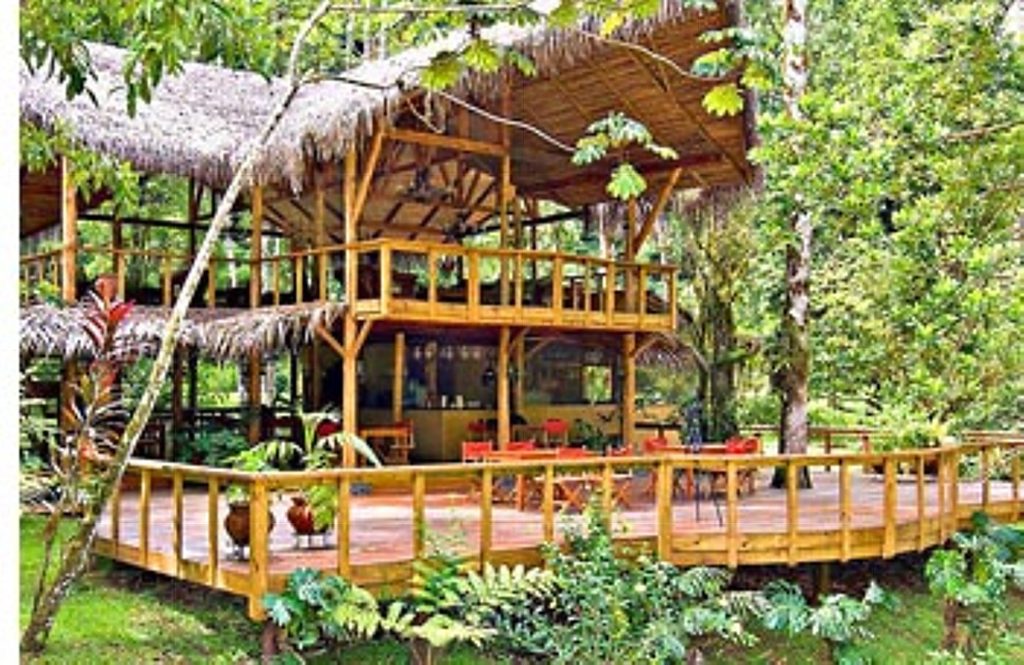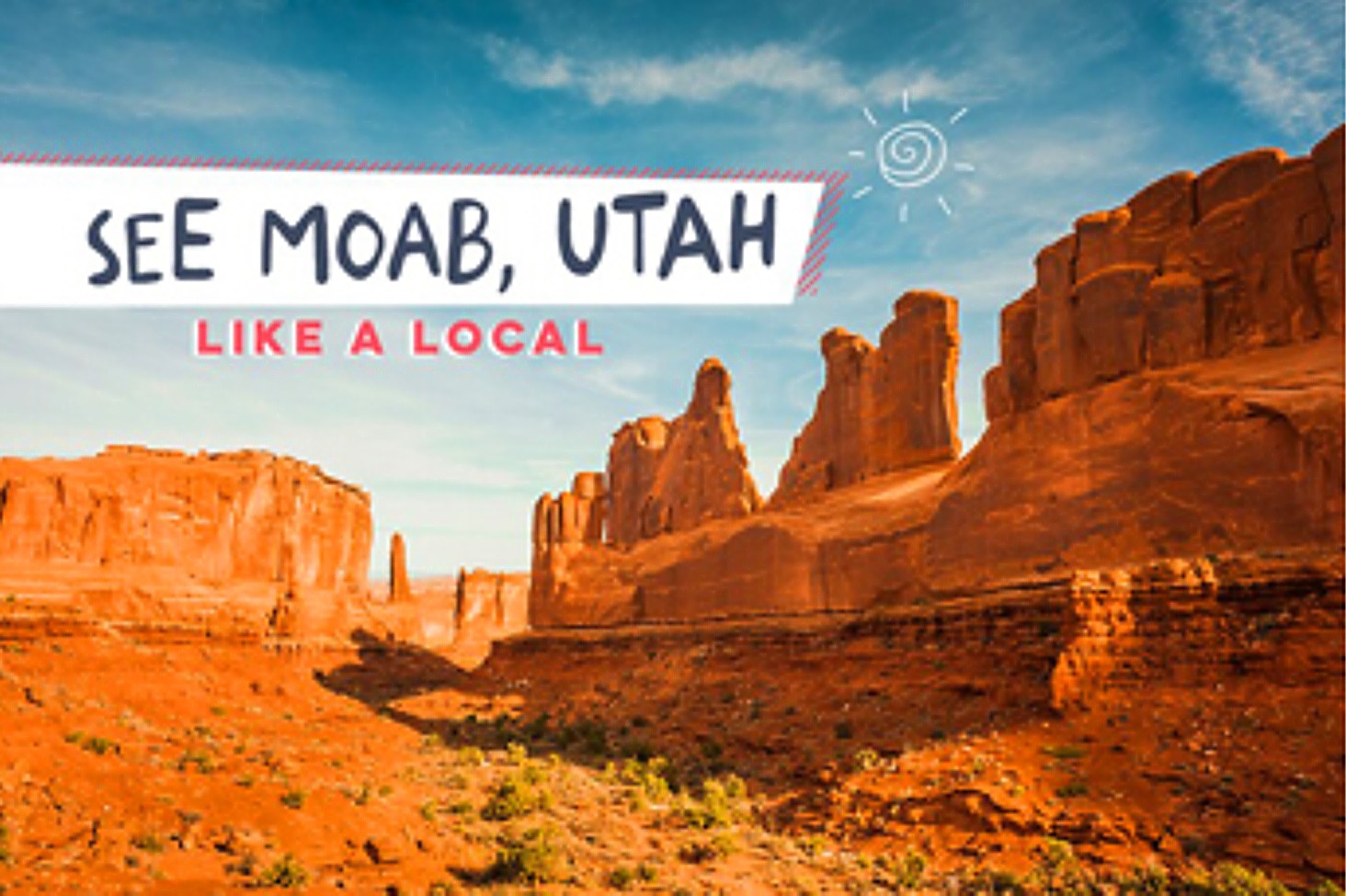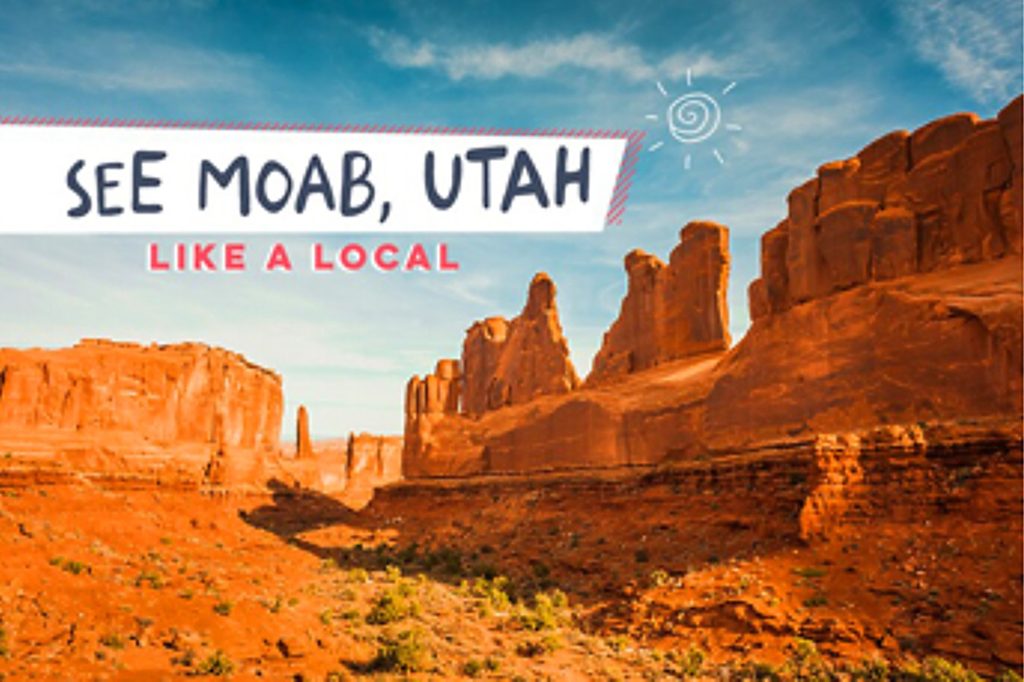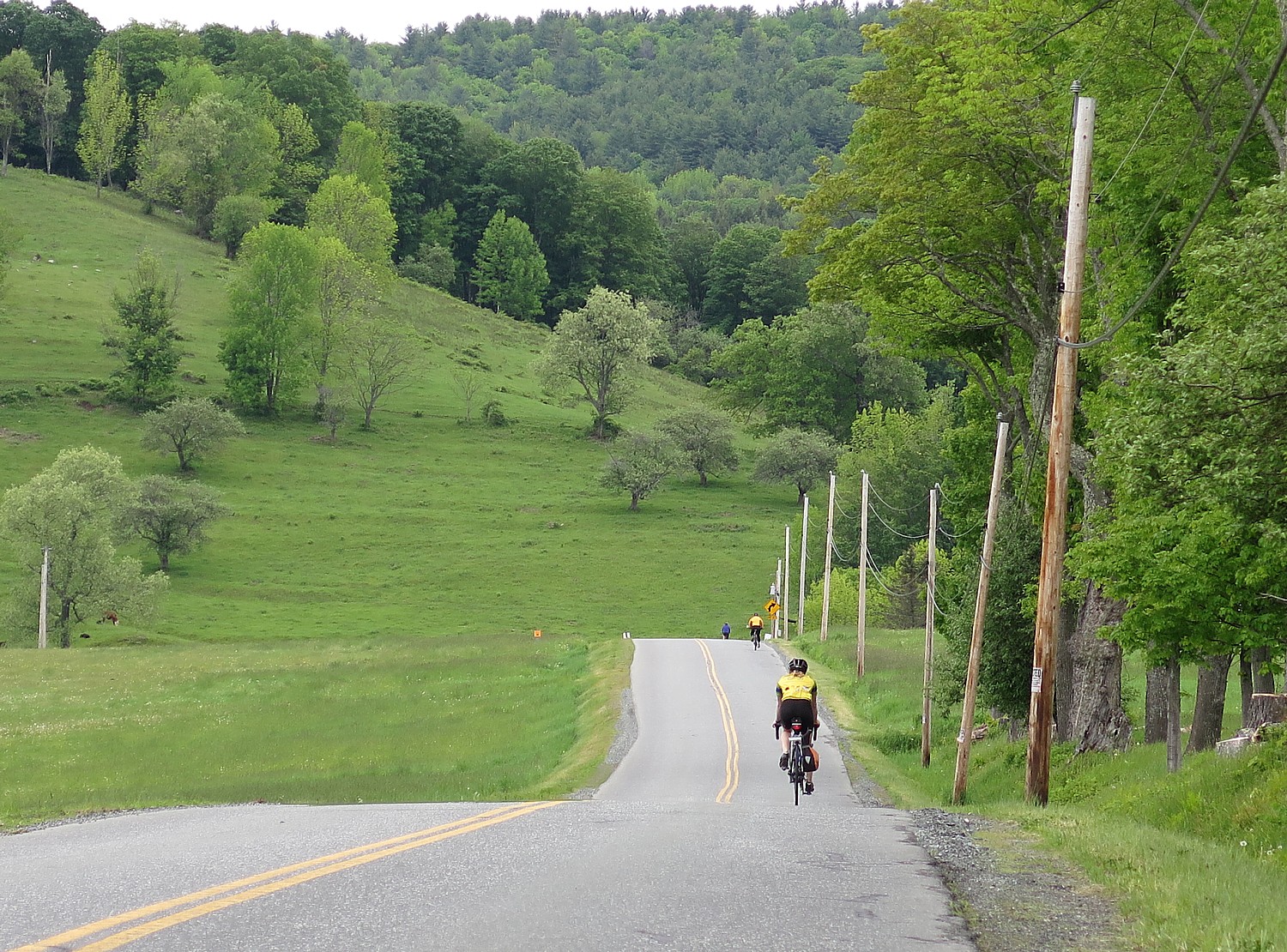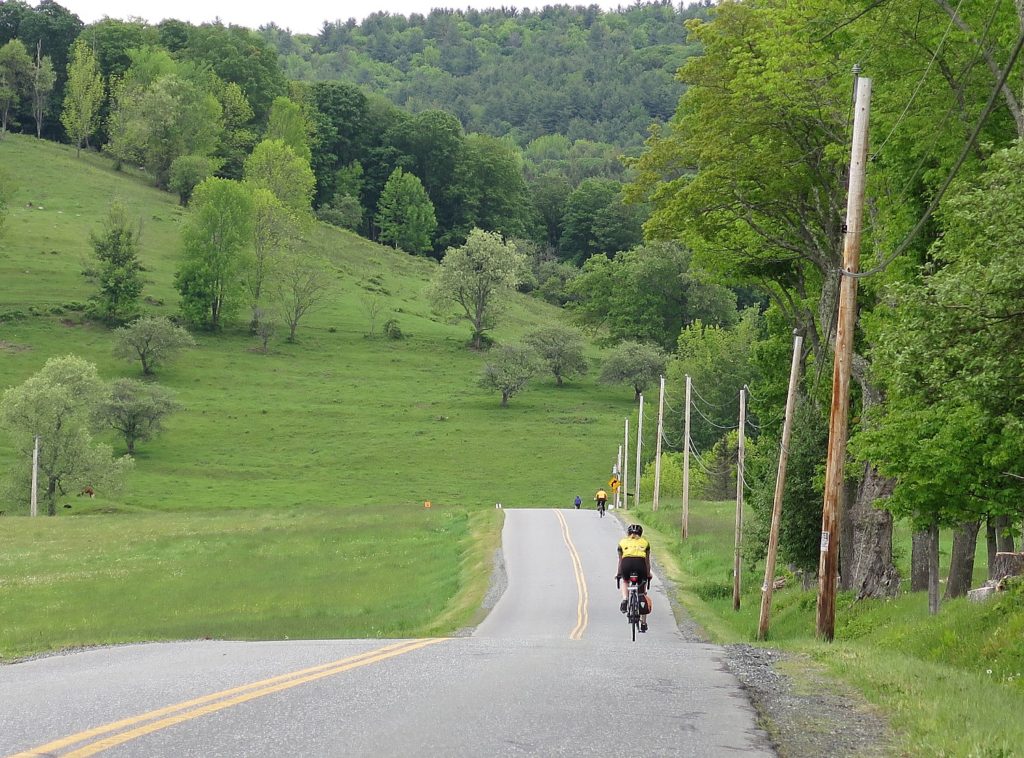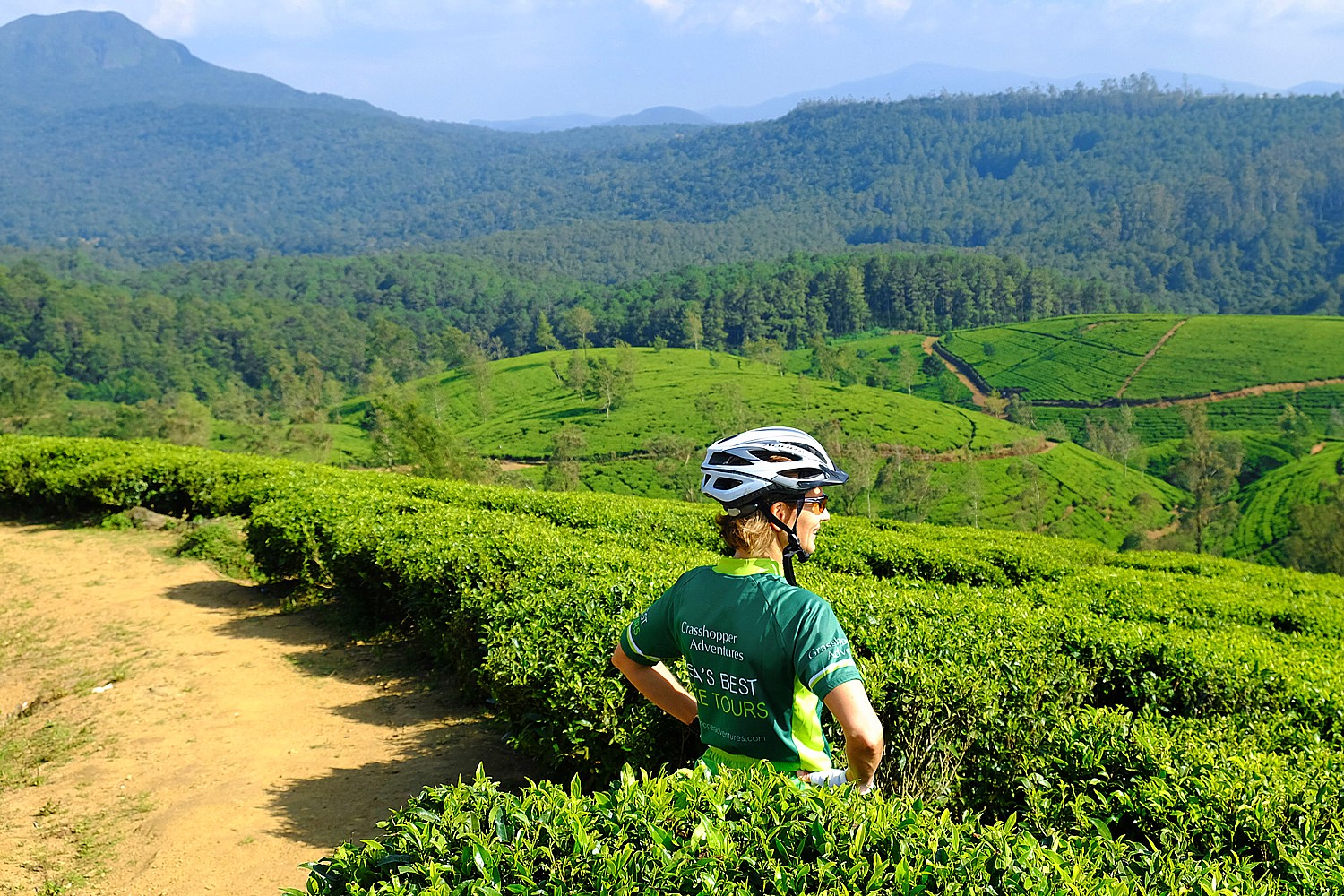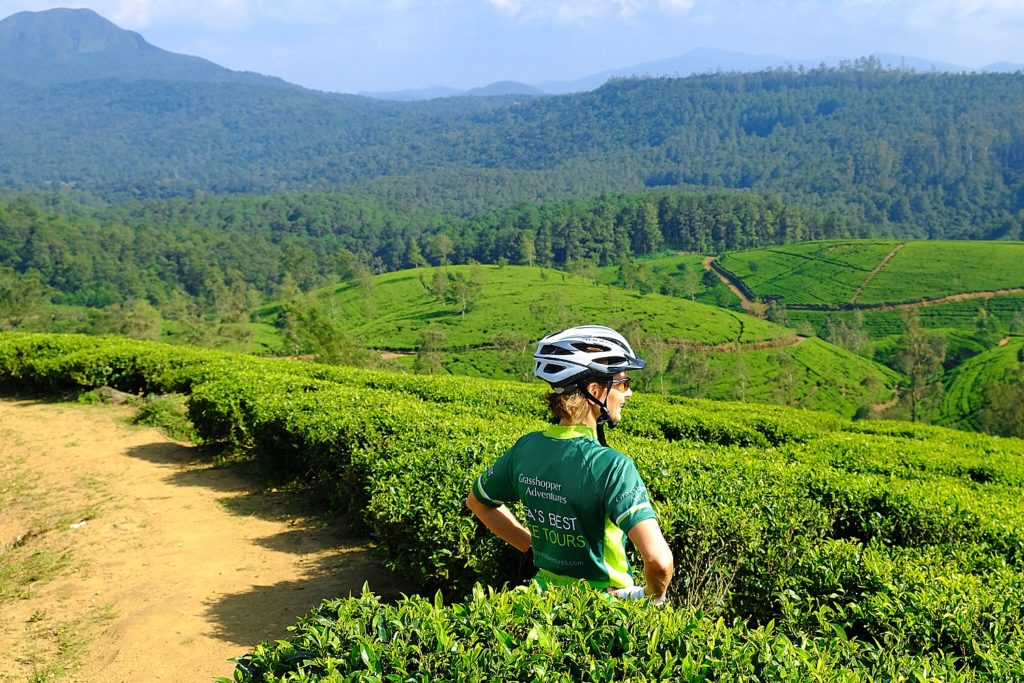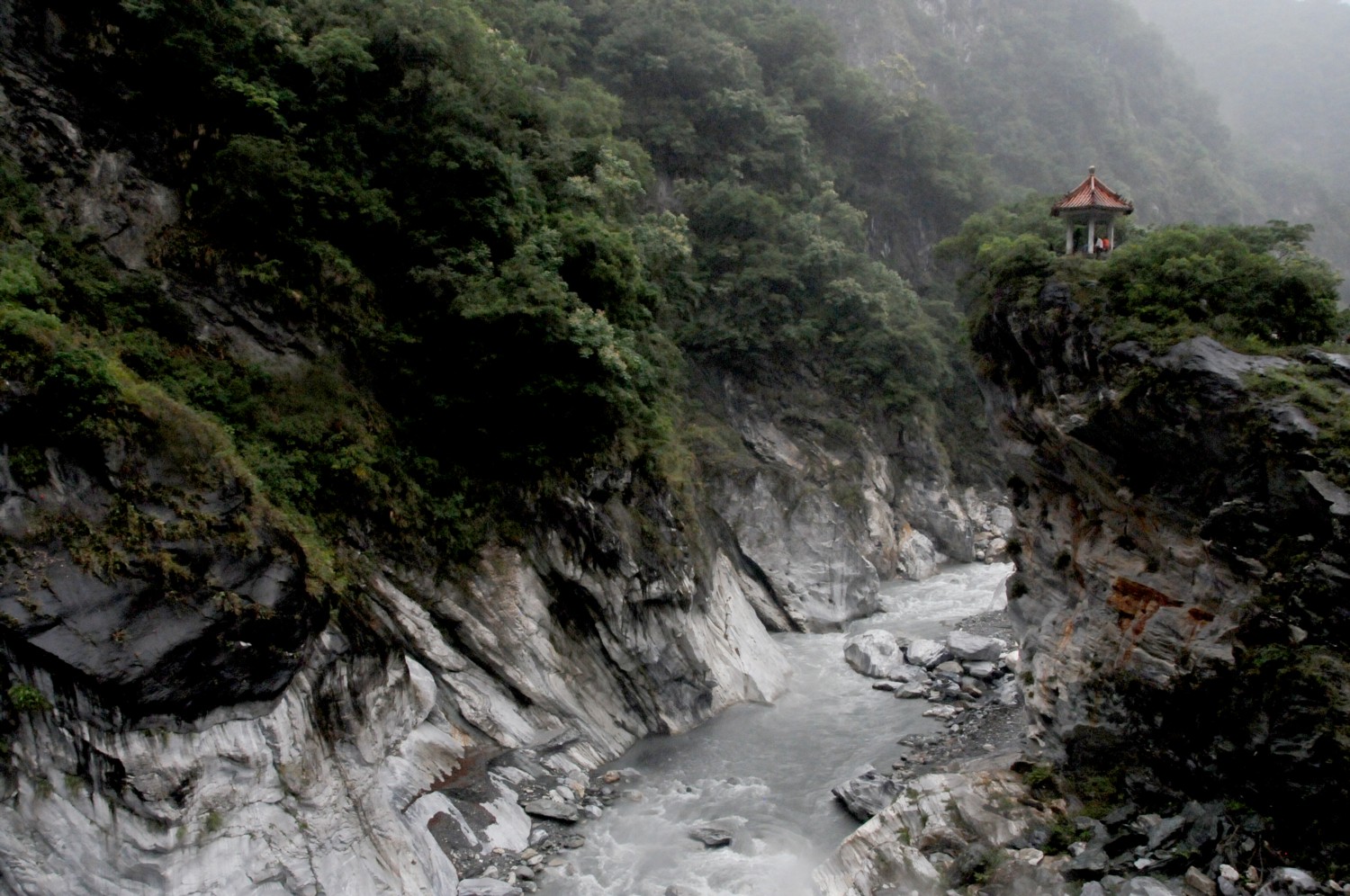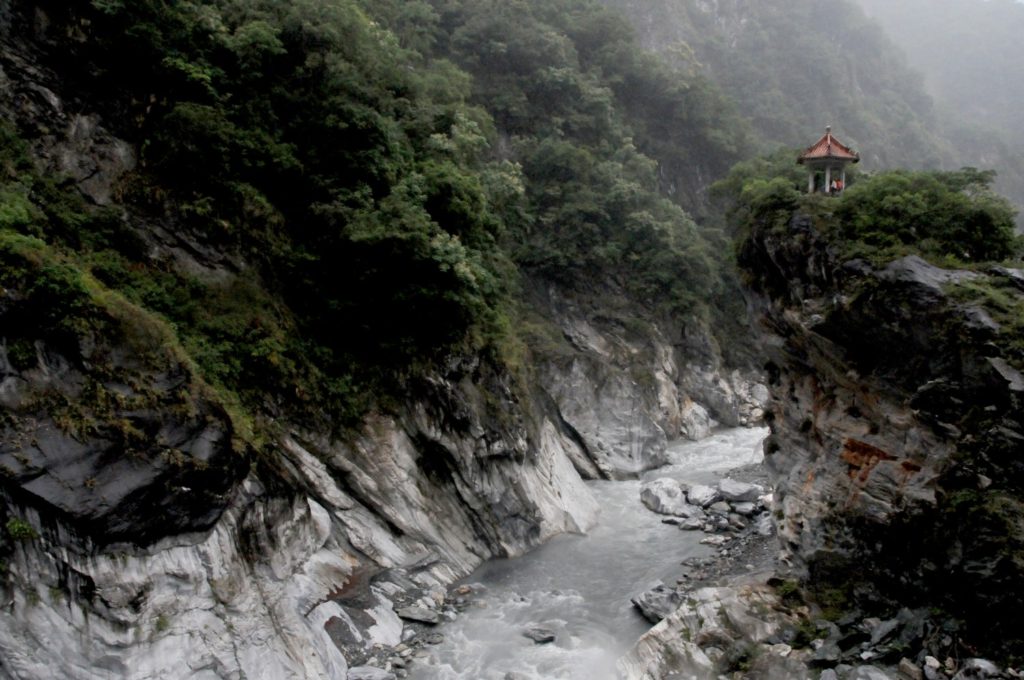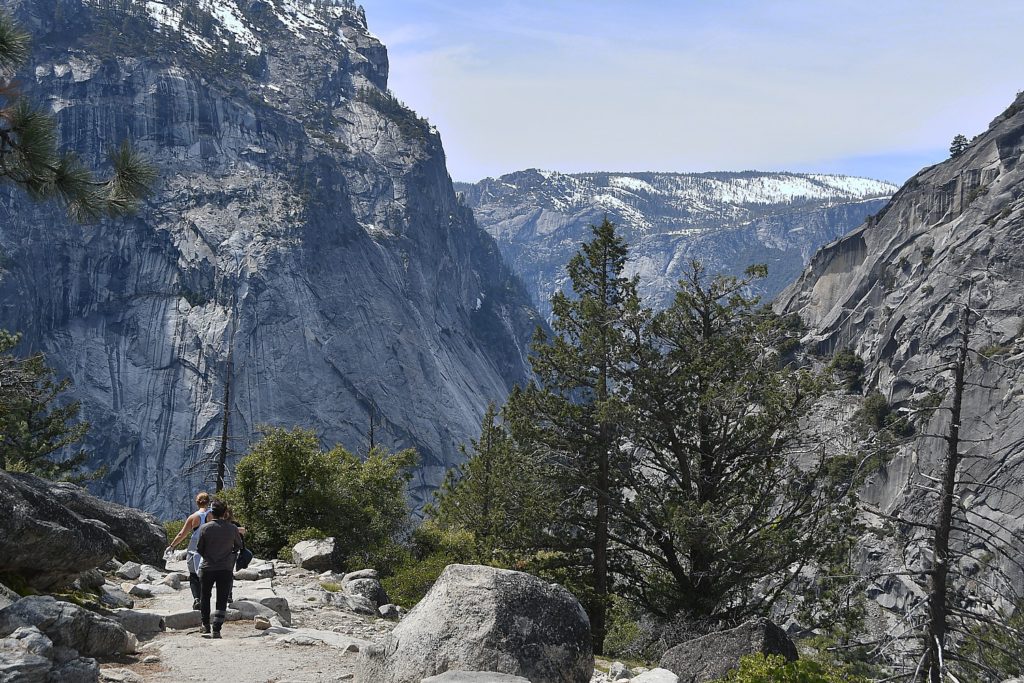
Many travel suppliers – from tour companies to airlines to hotel companies and travel agents – are responding to the coronavirus to best assist travelers. Many tour companies for example, are waiving cancellation fees or allowing rebooking to a different destination or a future departure; many airlines are waiving cancellation and change fees. Among the different strategies to continue to travel are to look to outdoors adventures – national and state parks, dude ranches, cottages on the beach, bike tours, camping (koa.com)/glamping (glampinghub.com), hiking, rafting. Travel counselors can help you choose destinations, styles of travel and organize the logistics.
NEW YORK (March 6, 2020) Leading luxury and experiential travel network Virtuoso® has been closely monitoring the impact of coronavirus, collaborating and consulting with its travel agency members across the world as well as its preferred partners. Since COVID-19 first surfaced late last year in Wuhan, China, the virus has become a global epidemic and a disruption to the travel industry as well as the global economy. To date, people have tested positive for the virus in 73 countries, including the United States; the Centers for Disease Control and Prevention has issued new Travel Health Notices to China, Italy, Iran and South Korea; and travel plans for many are in disarray.
For those who have a vacation booked in the coming days, weeks or months, it’s valid to feel some trepidation. Fears of contracting the virus, or even being quarantined, are valid. Virtuoso agency owner Josh Bush agrees and says the biggest concern his clients express is not getting sick, it’s getting stuck.
Ultimately, choosing to go forward with your travel plans is a personal call. But how do you sort through the information to make the right decision? These really are the moments when having a travel advisor is key. Seamless trip planning and travel perks aside, an advisor is a traveler’s number-one advocate. Through years, if not decades, of personal relationships, advisors have access to real-time information and can arm their clients with the facts needed to make confident decisions, provide informed answers to any “What would you do?” concerns, and handle the logistics that sometimes can’t be avoided, from last-minute flight changes to spring break contingency plans.
Virtuoso took the opportunity to consult with some of its 22,000 affiliated travel advisors worldwide to get their insights into what travelers should know as they assess their options.
“Right now, we’re letting travelers know we’re here to support them in making the best decision for their family and giving them the facts to help make that decision,” says Virtuoso agency owner Cristina Buaas.
Here’s what Virtuoso advisors are doing: They are not panicking. They’re staying positive, because this too shall pass. They’re carrying on with their own travel plans – responsibly, of course, by heeding CDC warnings and being extra diligent about hygiene (wash those hands!). Most importantly, they are dealing with the COVID-19 outbreak by taking care of their clients. Here is what they want you to know:
Protect your travel investment as you would any other – by seeking professional advice.
“It’s important to give my clients all of the facts about their trip, their destination, and the policies of their travel supplier,” says Virtuoso agency executive Amanda Klimak. “I then help them make a decision about travel based on the facts. I also recommend they speak to their personal physician to discuss the risks based on their medical history. Then I let them know I’m here to help, no matter what they decide.”
A travel advisor knows if or when airlines, hotels, cruise lines and tour operators have waived change and cancellation fees (many have): “The entire travel industry is in uncharted territory now due to coronavirus,” says Virtuoso agency executive Mary Kleen. “As travel advisors, our current role is to listen to travelers’ concerns and provide the most up-to-date options so they can make informed decisions at a minimal cost.”
It’s still OK to travel.
While advisors have seen an increase in postponed or cancelled trips to Italy and Asia, travel has not come to a screeching halt. Travelers are choosing closer-to-home locations, including the Caribbean, Costa Rica, and Mexico. “I do have some clients switching from Northern Italy to Spain, but other than that, if it’s not on the Department of State list, they’re going,” says Virtuoso agency executive Tania Swasbrook.
“One couple exchanged a tour to Italy for a great one in New Orleans,” Virtuoso agency executive Ange Wallace says. “My recommendations include a Natural Habitat Adventures polar-bear expedition in Churchill, Canada, this fall; the national parks; a healthy stay at Canyon Ranch, Miraval, or another wellness resort; a Blackberry Farm and Blackberry Mountain combo trip; or somewhere in South America – the Galápagos Islands, Colombia and Peru are all fun places to explore with lots of outside time and low crowds.”
Base decisions on timelines, not headlines.
Buaas recently suggested the wait-and-see approach for a traveler planning to take her children to Greece this summer. The situation is evolving rapidly – if you’re traveling to Europe in June and your tour, cruise, or hotel has a 30-day cancellation policy, for example, you don’t have to make a decision until May.
“Our advisors have spent 60 percent of their time in the past week fielding questions about COVID-19,” says Bush. “Very few of those conversations result in cancellations, and that’s because the situation is so fluid and not definite. We are advising travelers to wait and see, especially if there is little or no financial risk to do so.”
Plan now, travel later.
“Traveling is meant to be fun and educational,” says Wallace. “If you’re going to be worried and anxious about your trip, find something that you’ll be comfortable with and enjoy. If that means you sit out travel in the short term, that’s fine. But while you’re waiting, look forward to the recovery, because it will come, and you’ll need to be ready to jump on that trip you’ve been drooling over.”
To avoid losing out on future travel opportunities, Wallace reminds her clients to start planning now. “Book 2021-2022 trips now, because everyone else is and you will have trouble finding space. Many travel companies have relaxed deposits, cancellation penalties and cancel for any reason waivers to encourage those willing to start thinking about the next window of opportunity.”
Travel insurance is always a good idea.
While “cancel for any reason” (CFAR) travel insurance policies may partially cover trip cancellations and adjustments related to the coronavirus outbreak, there are some restrictions, and the policy has to be purchased within 21 days of making an initial trip deposit. (Ask your travel advisor to check with your travel insurance provider to confirm.) If you want to book a trip for later this summer, advisors recommend that CFAR policy. But for those who already have the trip on the books and are outside of the policy’s 21-day window, it’s not too late to at least add some travel insurance: “For those who are still planning on traveling, make sure you have travel insurance that will cover medical expenses should you become ill while traveling,” Klimak advises.
Practice good travel hygiene.
Wash your hands! As soon as you get through security at the airport, make a beeline to the restroom to scrub, Swasbrook advises. Cash frequently changes hands, so she also recommends using credit cards that you can wipe down with a sanitizing cloth. While at it, wipe down airplane surfaces and wash your hands before and after using the restroom on the plane.
As a rule, Wallace recommends taking veranda accommodations on any cruise and requesting hotel rooms with a balcony or outside terrace so that you have access to fresh air.
Be prepared.
Buaas refers travelers to the CDC and U.S. Department of State websites for the latest information, and Klimak tells her travelers to sign up for the Smart Traveler Enrollment Program (STEP), which shares your contact information with the nearest U.S. embassy and sends travel alert notifications. The STEP app is worth downloading prior to traveling – and while you’re at it, you can swipe that phone with an antibacterial wipe.
For more information or to find a Virtuoso travel advisor, go to www.virtuoso.com/travel-advisors.
Virtuoso® is a leading international travel agency network specializing in luxury and experiential travel. This by-invitation-only organization comprises over 1,100 travel agency locations with more than 22,000 elite travel advisors in over 50 countries throughout North America, Latin America, the Caribbean, Europe, Asia-Pacific, Africa and the Middle East. Drawing upon preferred relationships with more than 2,000 of the world’s best hotels and resorts, cruise lines, airlines, tour companies and premier destinations, the network provides its upscale clientele with exclusive amenities, rare experiences and privileged access. $30 billion in annual travel sales make Virtuoso a powerhouse in the luxury travel industry. For more information, visit www.virtuoso.com.
For more travel features, visit:
goingplacesnearandfar.wordpress.com
www.huffingtonpost.com/author/karen-rubin
travelwritersmagazine.com/TravelFeaturesSyndicate/
goingplacesfarandnear.tumblr.com/
instagram.com/going_places_far_and_near/
‘Like’ us on facebook.com/NewsPhotoFeatures
Twitter: @TravelFeatures
